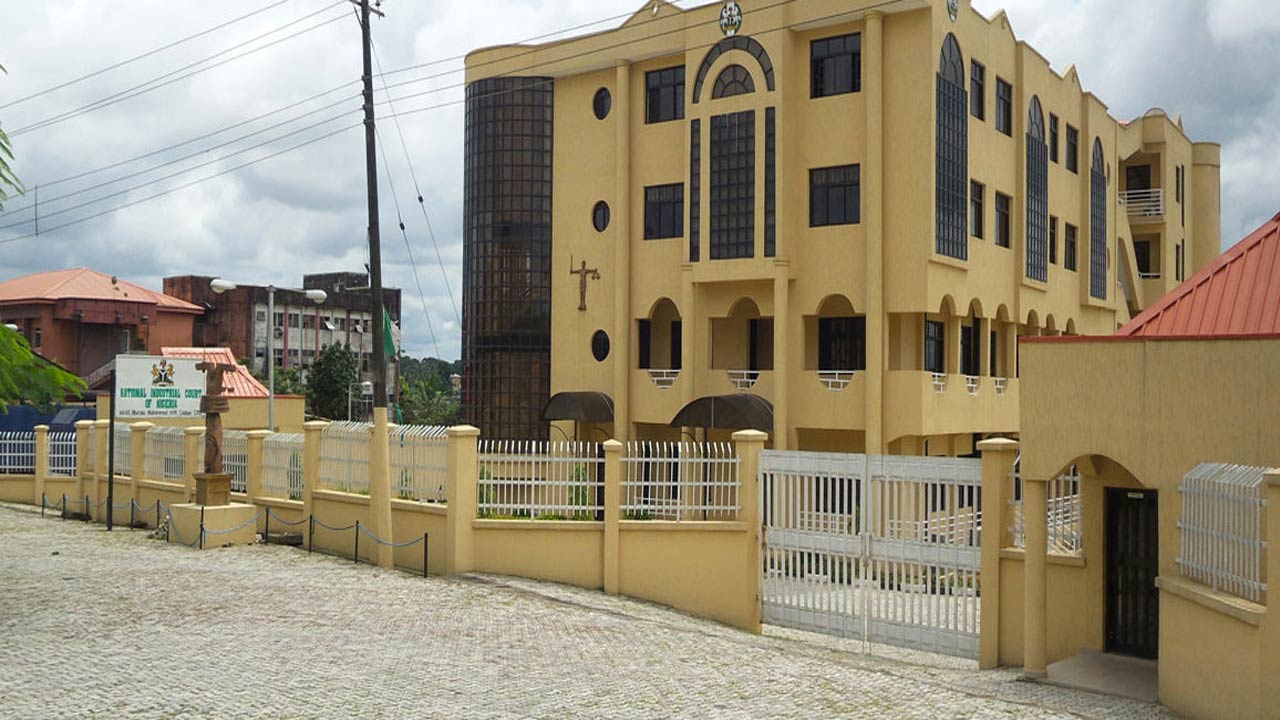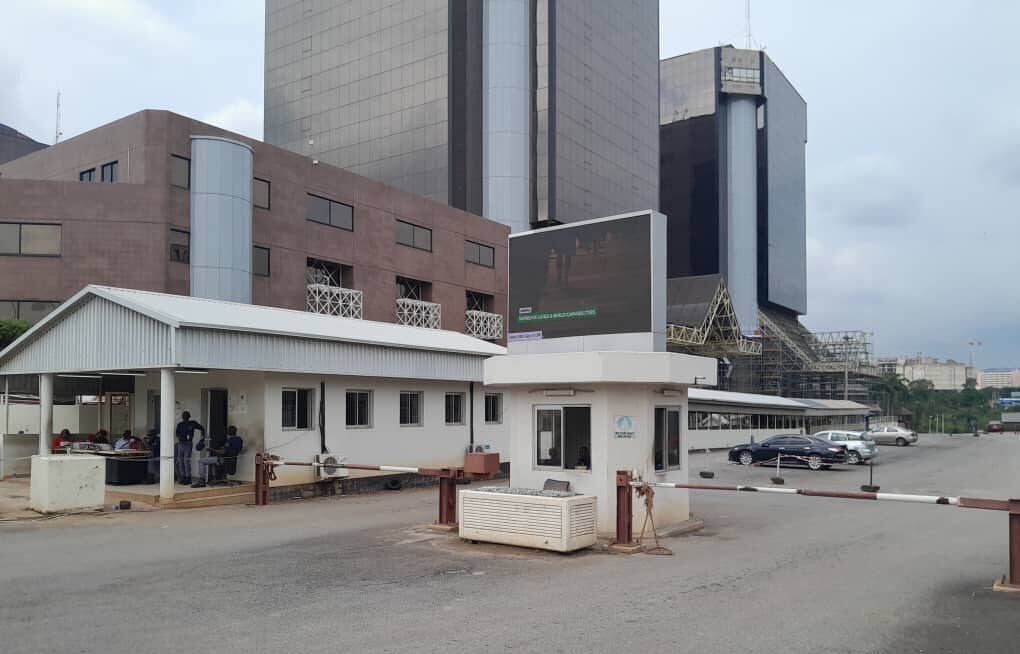Emmanuel Addeh in Abuja
Electricity Distribution Companies (Discos) installed a total of 225,711 meters for their customers in Q2, 2025, although about 5.4 million electricity consumers across the country still remained unmetered, latest data from the Nigerian Electricity Regulatory Commission (NERC) has shown.
An analysis of the data contained in NERC’s monthly metering factsheets for April, May and June indicated that despite this progress, nearly half of the nation’s power users are still without accurate devices to track their consumption.
According to the figures, while the total number of active customers rose from 11.78 million in April to 11.82 million in June, metered customers increased from 6.27 million to 6.42 million within the same period. This brought the national metering rate from 53.63 per cent in April to 54.33 per cent by the end of June.
In all, 77,634 meters were installed in April, 63,180 in May, and 84,897 in June. Altogether, the quarterly installations represented a modest gain, pushing the number of metered customers higher by 147,997 compared to April.
A breakdown of the data by Discos’ performance showed wide disparities in metering penetration, with Ikeja Electric (IE) and Eko Electricity Distribution Company (EEDC) leading the pack with metering rates of 84.65 per cent and 83.33 per cent respectively as at June, well above the national average.
Besides, Abuja Disco also crossed the 70 per cent threshold, reaching 73.06 per cent during the period under consideration, raising no surprises among Nigeria’s highest performing electricity utilities.
On the other hand, some operators continued to struggle as Yola Electricity Distribution Company (YEDC), which serves parts of the North-east, remained the lowest performer with just 28.55 per cent of its customers metered. Jos Disco followed with 29.51 per cent, while Kaduna and Kano posted 33.46 per cent and 34.35 per cent respectively.
But in absolute terms, Ibadan Disco had the highest number of metered customers, with 1.17 million as at June, even though its metering rate stood at 49.52 per cent. Ikeja and Abuja were close behind with 1.07 million and 944,000 metered customers respectively.
Nigeria is implementing two key metering programmes to close the gap of unmetered electricity customers, including the Meter Asset Provider (MAP) scheme, which allows private vendors, approved by NERC, to supply and install prepaid meters to customers, with costs recoverable through upfront payment or installment.
Also, the National Mass Metering Programme (NMMP), backed by the Central Bank of Nigeria (CBN) and the federal government, provides meters free of charge to consumers, aimed at rapidly expanding access, reducing estimated billing, and improving revenue assurance for Discos.
However, while the installation of more than 225,000 meters in three months is significant, the pace of progress raises concerns about how soon Nigeria can achieve universal metering. With 45.7 per cent of active customers still unmetered, it will take several years of consistent rollout at current rates to close the gap.
Metering has long been a contentious issue in Nigeria’s electricity sector. Unmetered customers are often subjected to estimated billing, which has triggered repeated complaints about unfair charges. NERC’s own statistics show that a large share of customer complaints still stem from billing issues, alongside metering and service interruptions.
The data highlighted that in April alone, Discos received 78,483 complaints from customers, with 42 per cent related to metering, 23 per cent on billing, 9 per cent on service interruptions, and 26 per cent classified under other issues such as voltage fluctuations and disconnections.
Expanding metering is not only expected to reduce friction with customers but also help Discos cut commercial losses, improve transparency, and ensure that electricity consumed is accurately billed.
Besides, targeting lagging regions such as Yola, Jos, Kaduna and Kano, which collectively account for millions of unmetered customers, is seen as key to closing the national gap.
According to the data, at the end of June, the metering rate had moved up by just 0.7 percentage points compared to April, underscoring how steep the metering challenge remains, despite recent efforts by sector operators.


